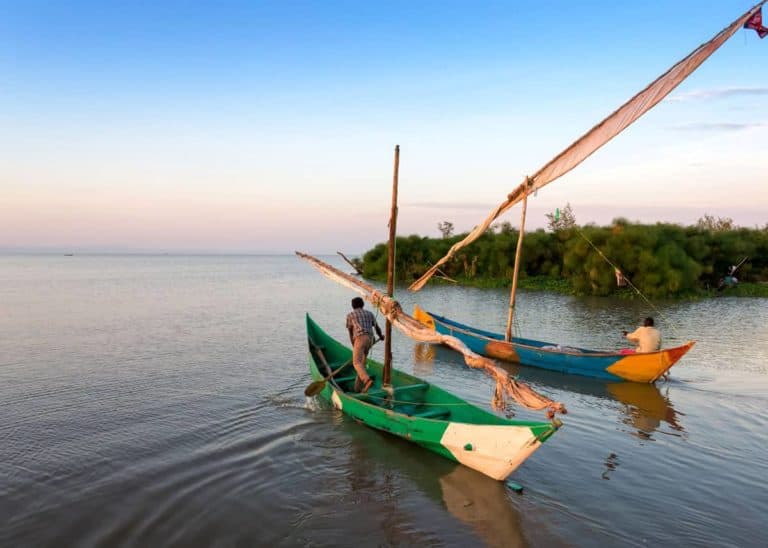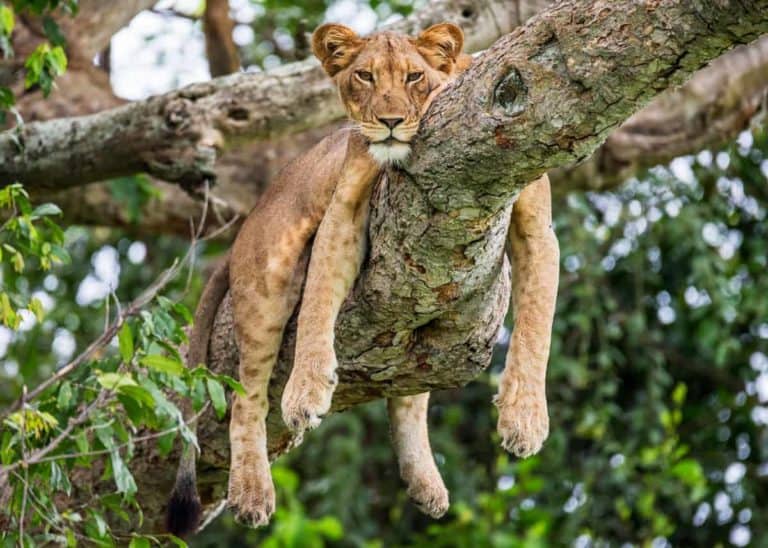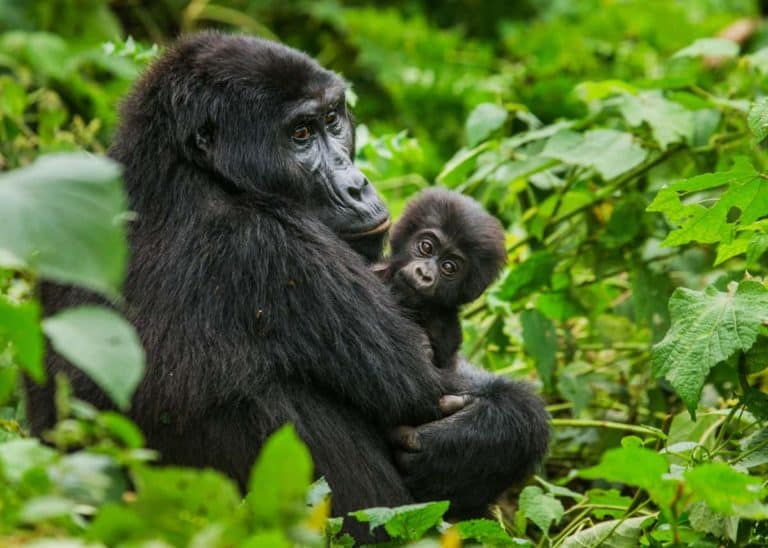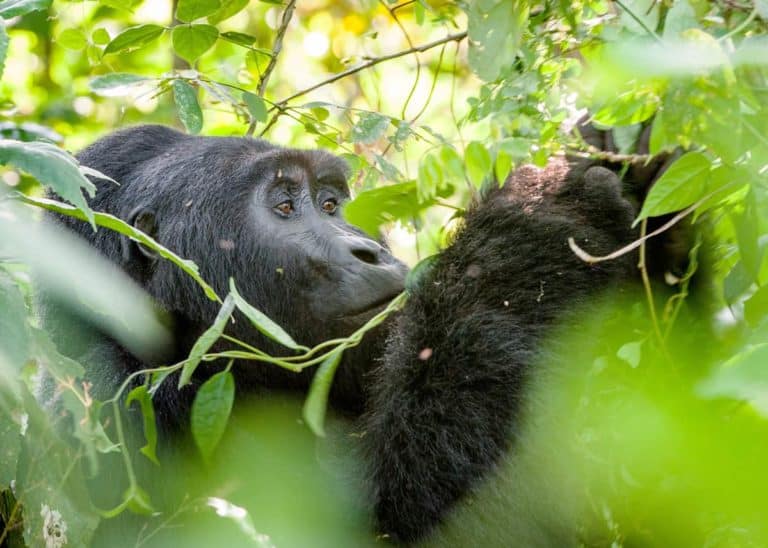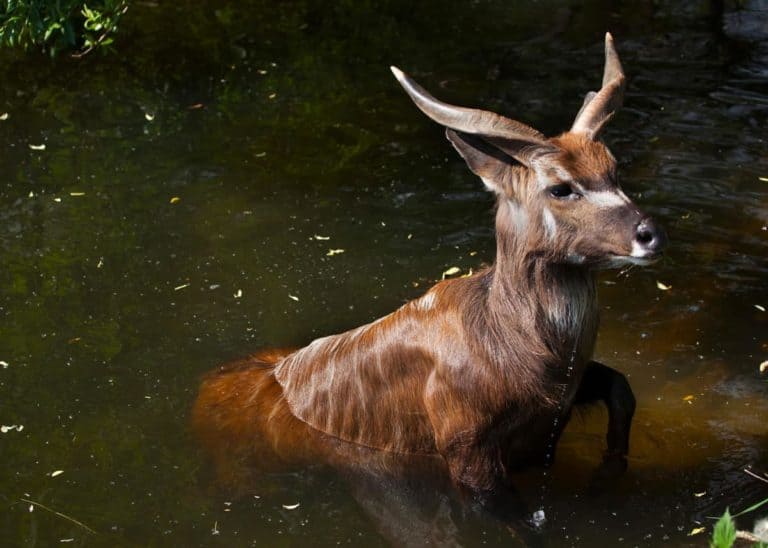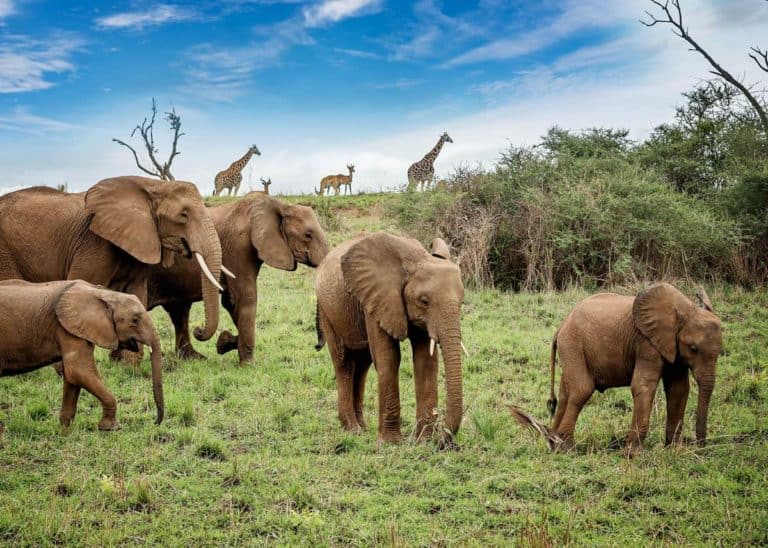Best Travel Insurance for African Safari: 3 Options, 8 Factors to Consider
Heading to Africa for a safari? Here’s what you need to know about the best travel insurance for your safari. We include 3 options for travel insurance for African safaris and 8 factors to consider when choosing.
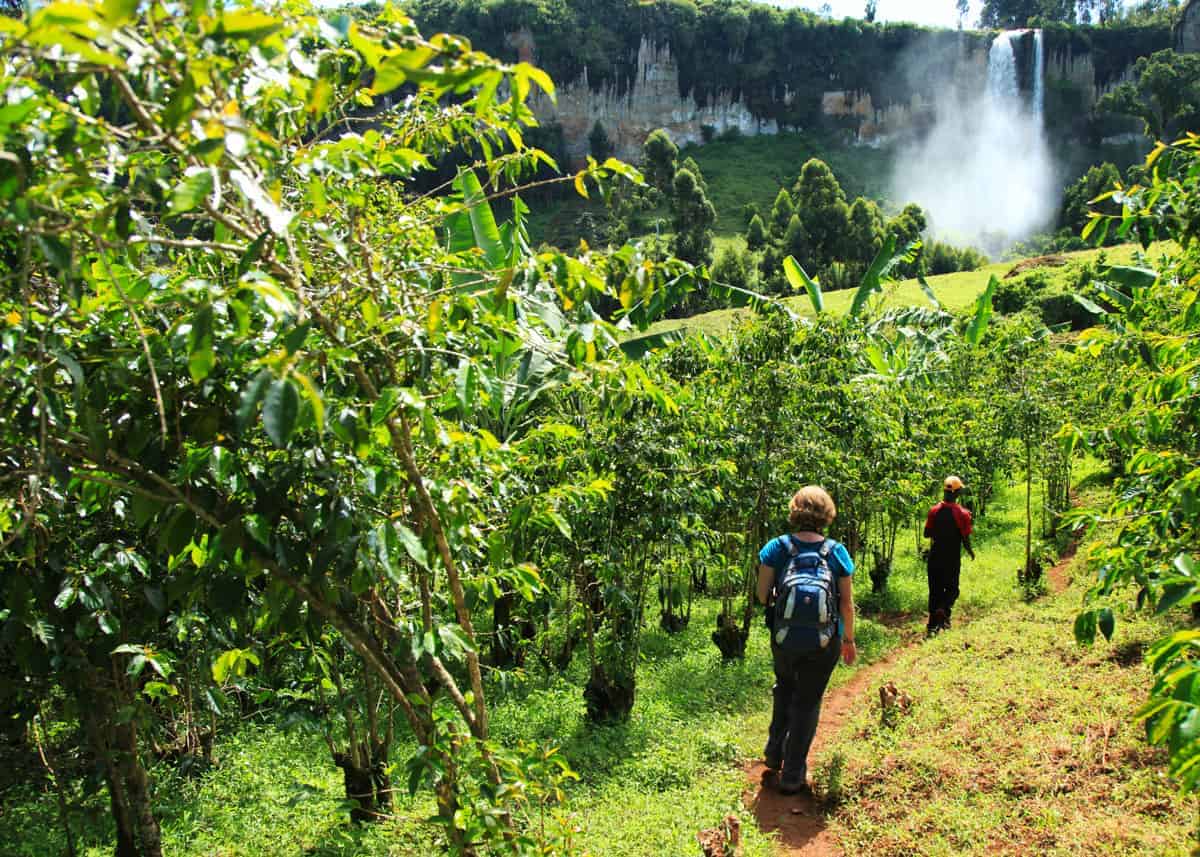
Best Travel Insurance for Africa: 3 Options and 8 Factors
Your car is protected by auto insurance. Your house is protected by homeowners insurance. Your trip to Africa can be protected by travel insurance. If you’re considering the purchase of international coverage for flights, hotels, tours, and safaris, here are just a few things to keep in mind as you look.
Please note: The following is not professional advice. Professional advice is best given by professionals. 🙂 We are only travelers, not lawyers or insurance salespeople. This post summarizes things to consider, nothing more. Please confirm specific details before purchasing any policy. Details can change quickly and their current policy may not exactly reflect what I’ve covered here.
Now, on to the best options for travel insurance.
3 Travel Insurance Options for Africa Travel
- World Nomads
- Atlas Travel Insurance (HCCMIS)
- SafetyWing: This is a popular option for longer-term travelers (like digital nomads) but is a good option for shorter-term travel as short as 5 days. Works on a subscription model – and is renewable while you travel.
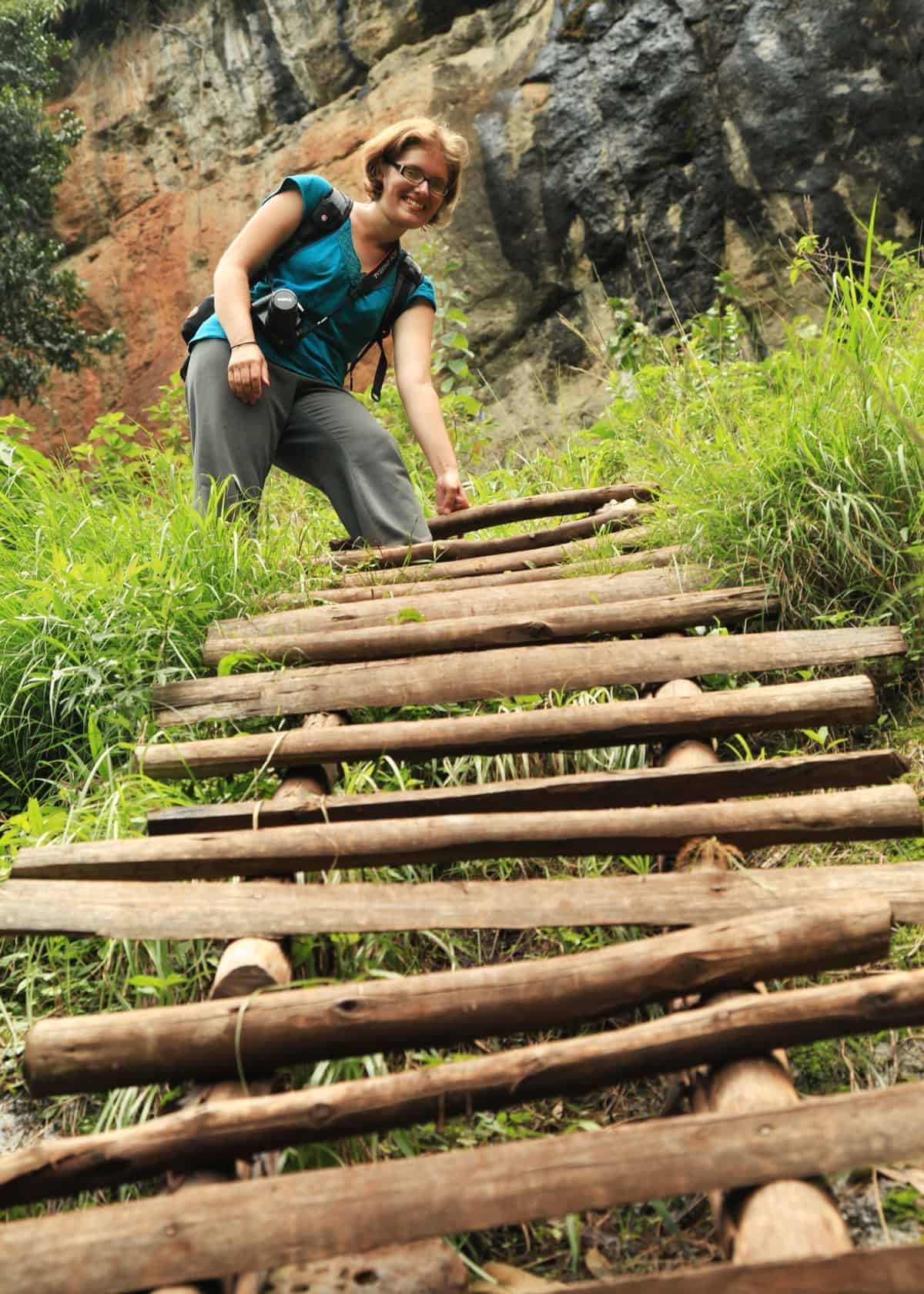
Best Travel Insurance for Africa: The Do’s and Don’ts
Before we dive into the specific details of travel insurance policies, let’s clear up a few myths and misconceptions about general coverage.
What is travel insurance?
Travel insurance is designed to protect you when you’re away from home. Whether it’s an allergic reaction to an exotic dish or a natural disaster that floods your beach bungalow, travel insurance can keep unexpected incidents from squeezing your wallet.
When should you get travel insurance?
If it’s your first time exploring the African savanna, you’ll probably feel safer with travel insurance in your back pocket.
However, there are a few circumstances where some aspects could be redundant:
- If your credit card company has a forgiveness policy for canceled flights, you won’t need to be concerned about that as part of your travel insurance policy.
- If the airline will assume the liability for lost luggage, you won’t need that included in your travel insurance policy because you’ll already be compensated for the loss of your camera equipment and anything else that goes missing.
- If your health insurance extends internationally as well as domestically, you won’t need to worry about a travel insurance policy that covers surprise injuries.
On the flip side, if you don’t have any cards, carriers, warranties, policies, or existing insurance plans that will cover travel-related mishaps, travel insurance might be exactly what you need to ensure a safe journey.
How to Choose Your Travel Insurance Policy: 8 Factors
Now that we’ve defined basic travel insurance, let’s take a look at what constitutes a good policy.
1. Medical coverage limit, including Emergency Evacuation
You should consider medical insurance, enough to cover you for a couple of weeks in the hospital, but it will also satisfy visa requirements for certain countries.
You’ll want to look for emergency evacuation coverage. It might sound expensive, but being ferried or airlifted to a medical facility outside of Africa will cost you a pretty penny. It’s better to pay a slightly higher insurance rate than a massive bill after an unfortunate accident.
2. Possessions: Lost/damaged/stolen gear
This is often called “baggage insurance,” and it’s critically important to buy if your airline or hotel doesn’t offer it. Africa is a wonderful place, but don’t expect miracles from airline workers to locate and deliver your lost luggage before your safari pulls out.
Luggage can get lost (and never found) on a domestic flight – it’s even worse internationally.
Some policies will cover not only lost luggage but also lost documents and even laptops, binoculars, and camera gear.
3. Preexisting conditions waiver
Some travel insurance companies won’t want to insure you if you have a preexisting medical condition. However, this doesn’t mean that you can’t get coverage.
You just have to look for providers that offer a “preexisting conditions waiver” that will cover you anyway. You might need to meet certain criteria to qualify, but if you’re willing to jump through the hoops, you can get medical coverage just like anyone else.
4. Age limitations
In the same vein as the above, some insurers will look twice at your application if you’re above or below a certain age. Make sure to inquire about age limitations for children and seniors when you call.
5. Weather coverage
Weather in Africa can range from gloriously sunny days to devastatingly intense rain storms. Do some research before you book your flight! If you can only afford to travel during the rainy season, you’ll want more coverage than if you were traveling in temperate climates.
Another thing to consider about the weather is how you’ll be compensated by the insurance company if things do get wet. Here are some questions that you might ask:
- Will they refund delayed or canceled flights?
- Will they cover the cost of travel to a new location if the old one has been battered or flooded? Will they compensate you for power outages that make hotels unlivable?
- Will you receive cash, credit, or travel vouchers for your trouble?
- Will they cover the cost of an emergency evacuation during a natural disaster?
6. Trip Cancellation
Are the wildebeests having a later migration than usual? If you had planned your trip around their migration you may want to cancel. Trip cancellations are when you cancel your plans before you leave home.
7. Trip Interruption
Do you want to spend more time observing the spoonbills and hoopoes? Trip interruptions are when you alter your plans after you’re already on the move. They’re different than trip cancellations, so double-check that your travel insurance policy offers both.
8. Trip Delay
Trip delays are when flights, ferries, cruises, and trains put you way behind schedule.
There are usually terms that dictate what does and doesn’t qualify as a delay; for example, you might have to wait for hours for an overbooked flight before your insurance will cover the cost of a new ticket. This is another area where you’ll need to do some research before committing to anything.
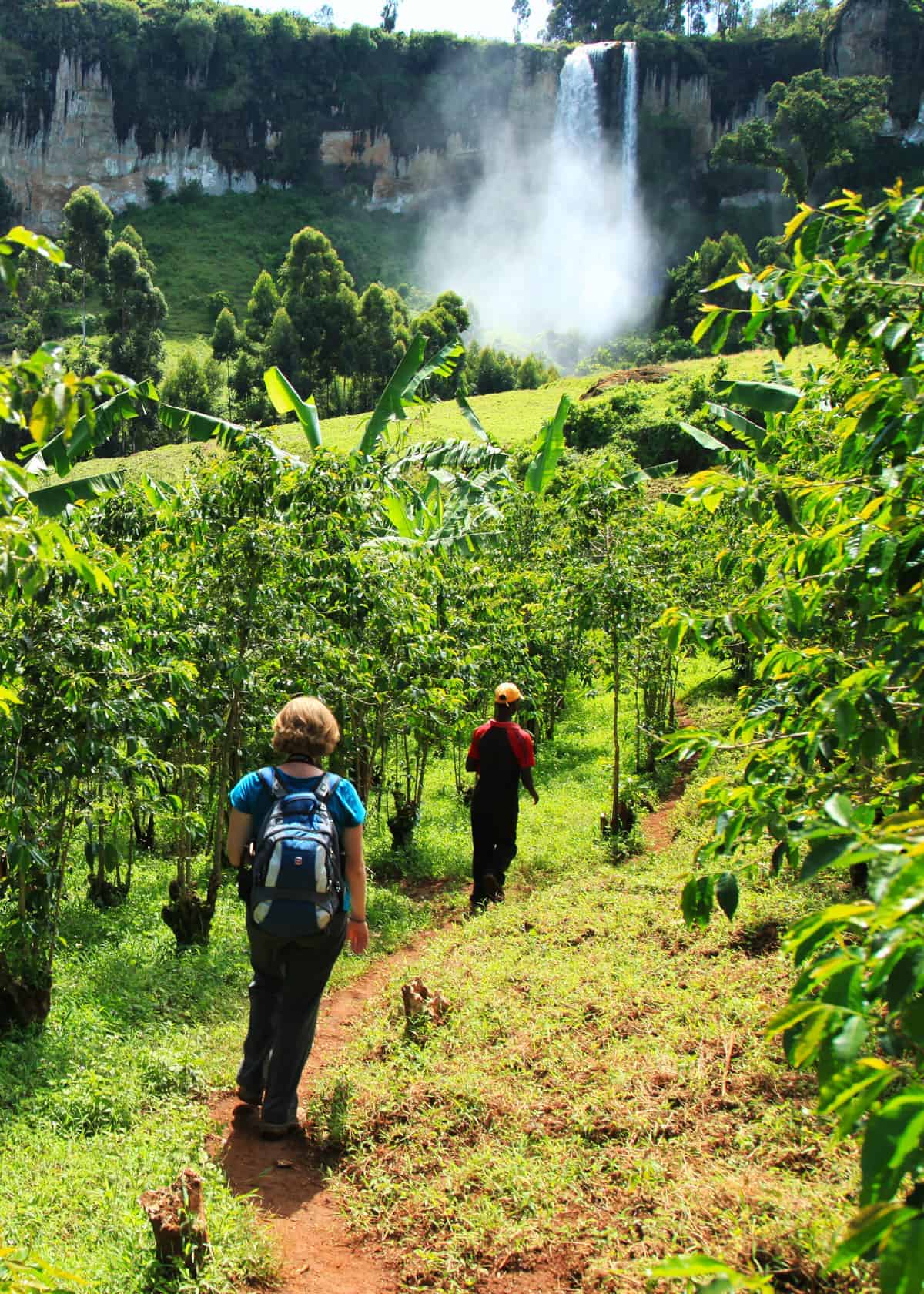
What isn’t covered by (most) travel insurance?
While every travel insurance company will have its own limitations, there are a few things that the average provider won’t cover.
Not covered: Don’t expect them to reimburse you for lost cash, drunk driving accidents, unnecessary medical check-ups, or injuries from extreme sports and activities.
If you want to base jump while you’re in Tanzania, you’re on your own!
More reading: Is Uganda Safe? Guide to Water, Crime, Disease and Sun Safety

